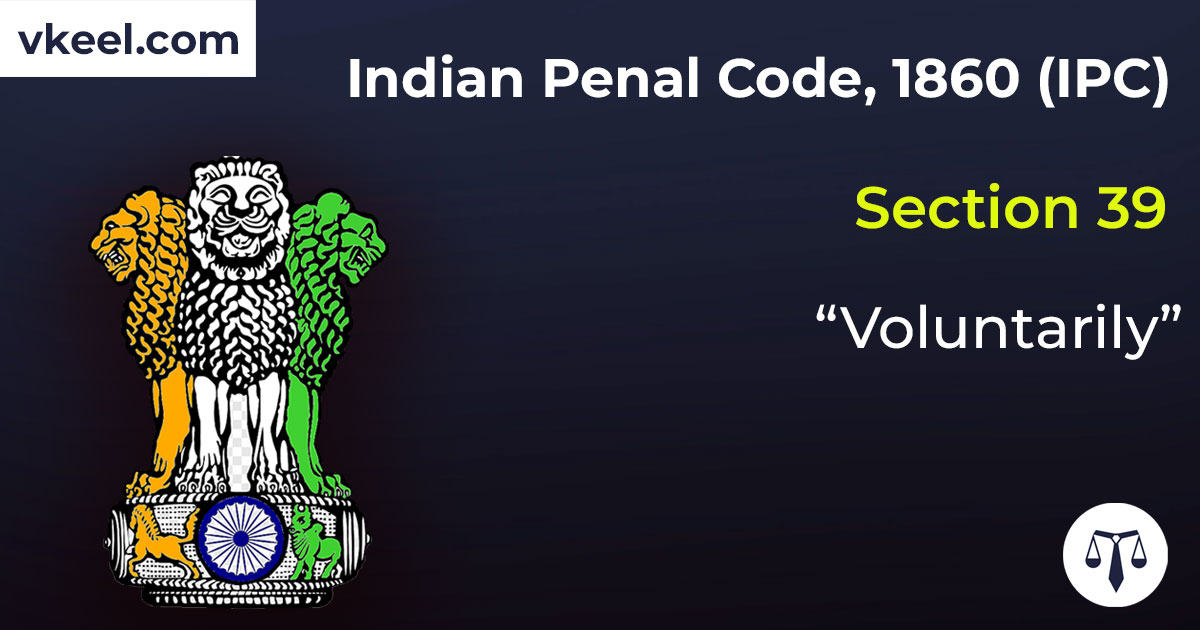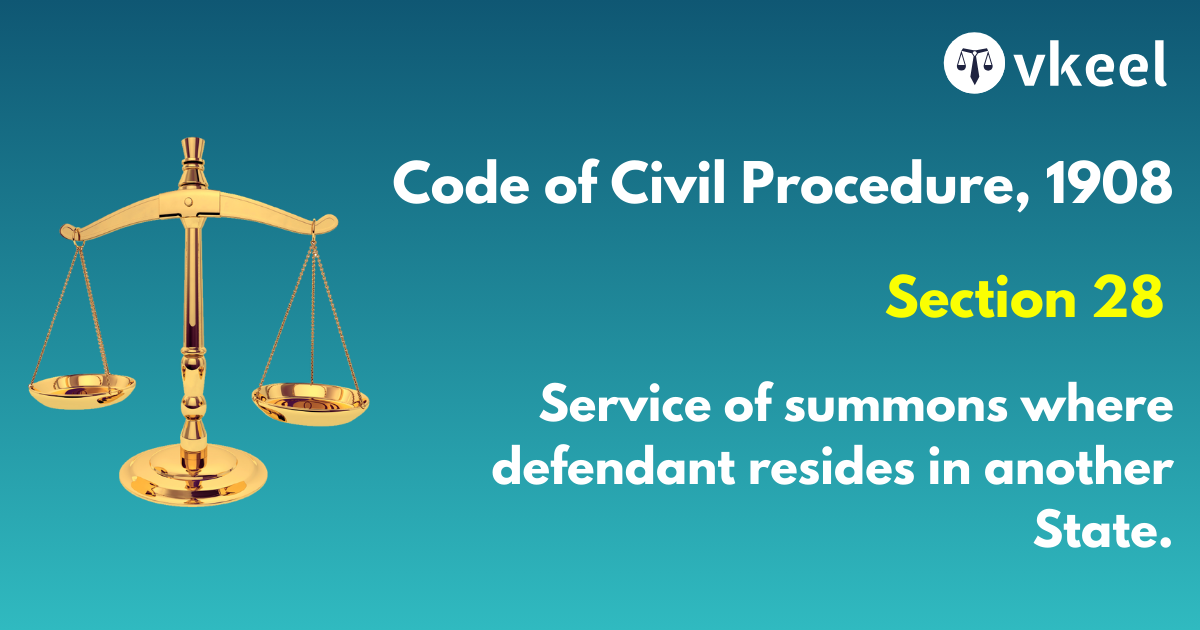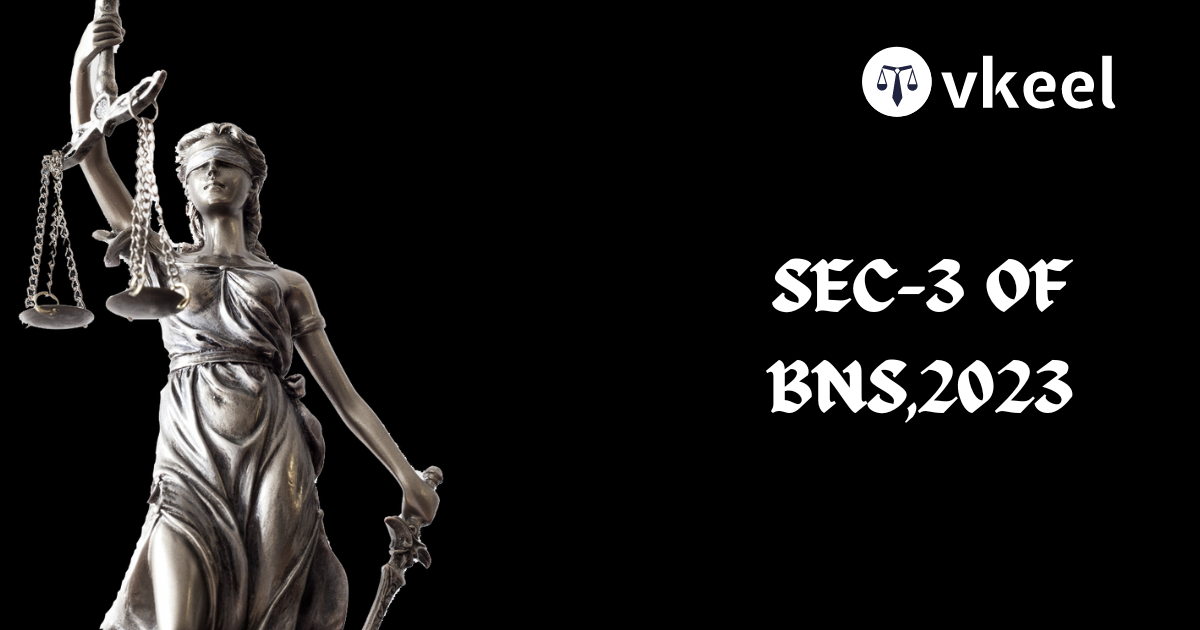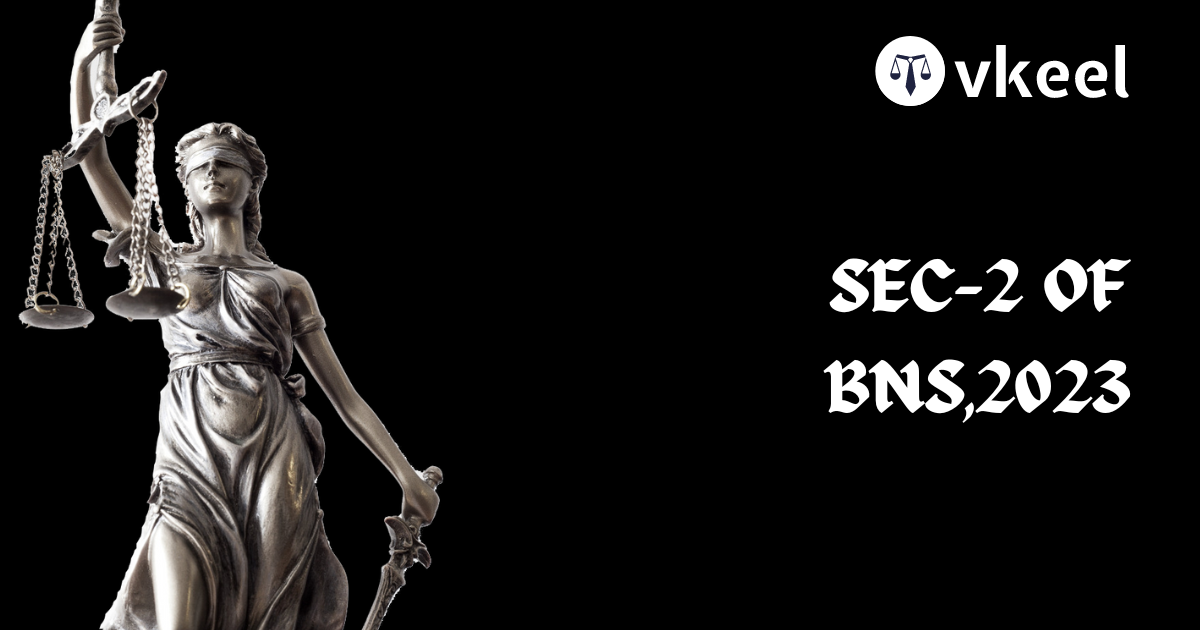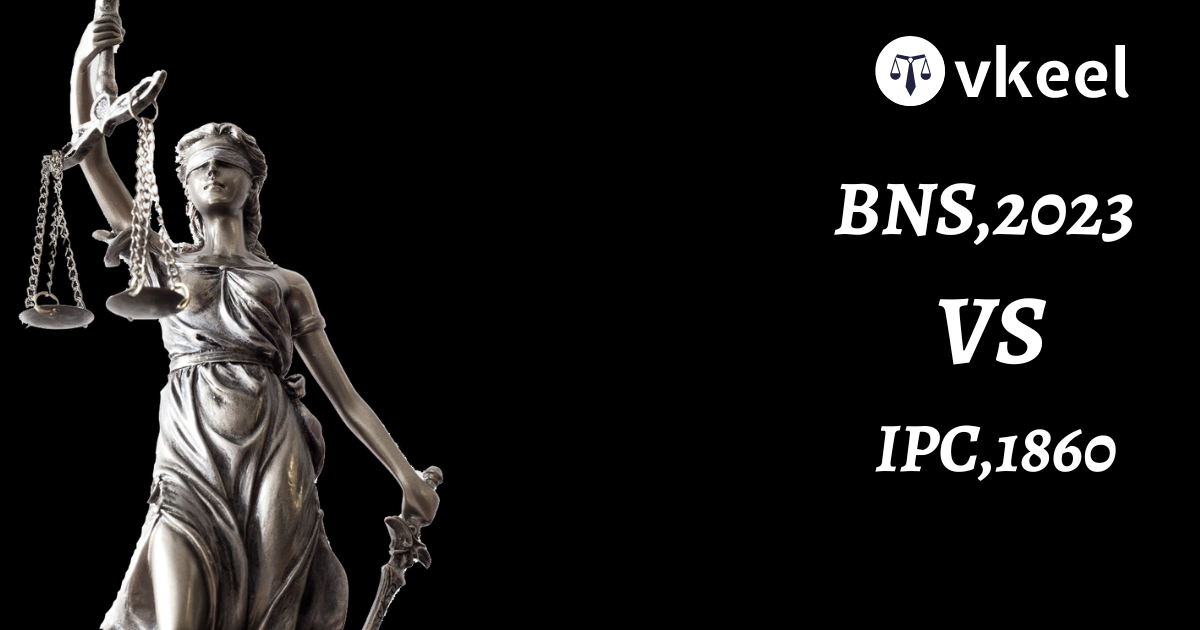Section 39 Indian Penal Code 1860 (IPC) – “Voluntarily”
By Vkeel Team
Table of Contents
Description
“Section 39 Indian Penal Code 1860 (IPC)”
A person is said to cause an effect “voluntarily” when he causes it by means whereby he intended to cause it, or by means which, at the time of employing those means, he knew or had reason to believe to be likely to cause it.
Illustration
A sets fire, by night, to an inhabited house in a large town, for the purpose of facilitating a robbery and thus causes the death of a person. Here, A may not have intended to cause death; and may even be sorry that death has been caused by his act; yet, if he knew that he was likely to cause death, he has caused death voluntarily.
Meaning of Voluntarily
The term “voluntarily” is a fundamental concept in criminal law, and it plays a crucial role in determining the culpability of an accused person. Section 39 of the IPC defines the term “voluntarily” as follows:
“A person is said to cause an act voluntarily when he causes it by means whereby he intended to cause it, or by means which, at the time of employing those means, he knew or had reason to believe to be likely to cause it.”
The definition provided in Section 39 of the IPC can be divided into two parts. The first part deals with the situation where an act is caused by means that were intended by the accused person to cause the act. This means that if a person intentionally causes an act, it will be considered a voluntary act.
The second part deals with the situation where an act is caused by means that the accused person knew or had reason to believe were likely to cause the act. This means that if a person causes an act by using means that he knew or had reason to believe were likely to cause the act, the act will still be considered voluntary.
For example, if a person throws a stone at another person with the intention of causing hurt, it will be considered a voluntary act. Similarly, if a person throws a stone at another person, knowing that it is likely to cause hurt, it will also be considered a voluntary act.
Importance of Voluntarily in Criminal Law
The concept of “voluntarily” is essential in criminal law as it helps to determine the mental state of an accused person at the time of committing the offence. Criminal liability is generally based on the principle of mens rea, which means “guilty mind.” This means that for an act to be considered a criminal offence, the accused person must have had a guilty mind or a criminal intention while committing the act.
The term “voluntarily” helps to determine whether the accused person had the necessary mental state or mens rea required for the commission of the offence. If the accused person voluntarily caused the act, it indicates that he had the requisite mens rea, and he will be held liable for the offence.
However, if the accused person did not voluntarily cause the act, it indicates that he did not have the necessary mens rea, and he may not be held liable for the offence. For example, if a person accidentally hits another person while driving, it will not be considered a voluntary act, and he may not be held criminally liable.
Interpretation of Section 39 by Indian Courts
The interpretation of Section 39 by Indian courts has been consistent with its plain and literal meaning. The courts have held that the term “voluntarily” is of crucial importance in determining the mental state of an accused person while committing the offence.
In the case of State of Maharashtra v. Mohanlal Ganpat Katre (1968), the Supreme Court of India held that the term “voluntarily” in Section 39 must be interpreted in its plain and literal sense. The court observed that if a person intentionally causes an act or causes an act by means that he knew or had reason to believe were likely to cause the act, it will be considered a voluntary act.
Similarly, in the case of State of U.P. v. Ram Sagar Yadav (1985), the Supreme Court held that the term “voluntarily” implies the presence of a conscious and deliberate act on the part of the accused person. The court observed that a person can be said to have acted voluntarily only when he had control over his actions and could have chosen to act differently. The court further held that a person cannot be said to have acted voluntarily if he had no control over his actions, or if his actions were caused by some external force or compulsion.
The courts have also held that the term “voluntarily” must be read in conjunction with other provisions of the IPC to determine the mental state required for the commission of a particular offence. For example, Section 299 of the IPC defines culpable homicide as causing the death of a person by an act done with the intention of causing death or with the knowledge that such act is likely to cause death. In such a case, the term “voluntarily” must be interpreted in the context of the intention or knowledge required under Section 299.
Similarly, in the case of State of Punjab v. Iqbal Singh (1991), the Supreme Court held that the term “voluntarily” must be read in conjunction with the definition of “criminal force” under Section 350 of the IPC. The court observed that the use of force must be intentional and deliberate for it to be considered criminal force under Section 350.
Conclusion
In conclusion, Section 39 of the IPC provides an important definition of the term “voluntarily” in the context of criminal law. The term is of crucial importance in determining the mental state of an accused person while committing the offence and helps to establish criminal liability. The courts have interpreted the term in its plain and literal sense, and it must be read in conjunction with other provisions of the IPC to determine the mental state required for the commission of a particular offence. Overall, Section 39 plays a vital role in ensuring that the principles of natural justice are upheld and that criminal liability is established only where there is a guilty mind.
Desctiption Source: indiacode
Disclaimer:
The information provided in the article is for general informational purposes only, and is not intended to constitute legal advice or to be relied upon as a substitute for legal advice. Furthermore, any information contained in the article is not guaranteed to be current, complete or accurate. If you require legal advice or representation, you should contact an attorney or law firm directly. We are not responsible for any damages resulting from any reliance on the content of this website.

